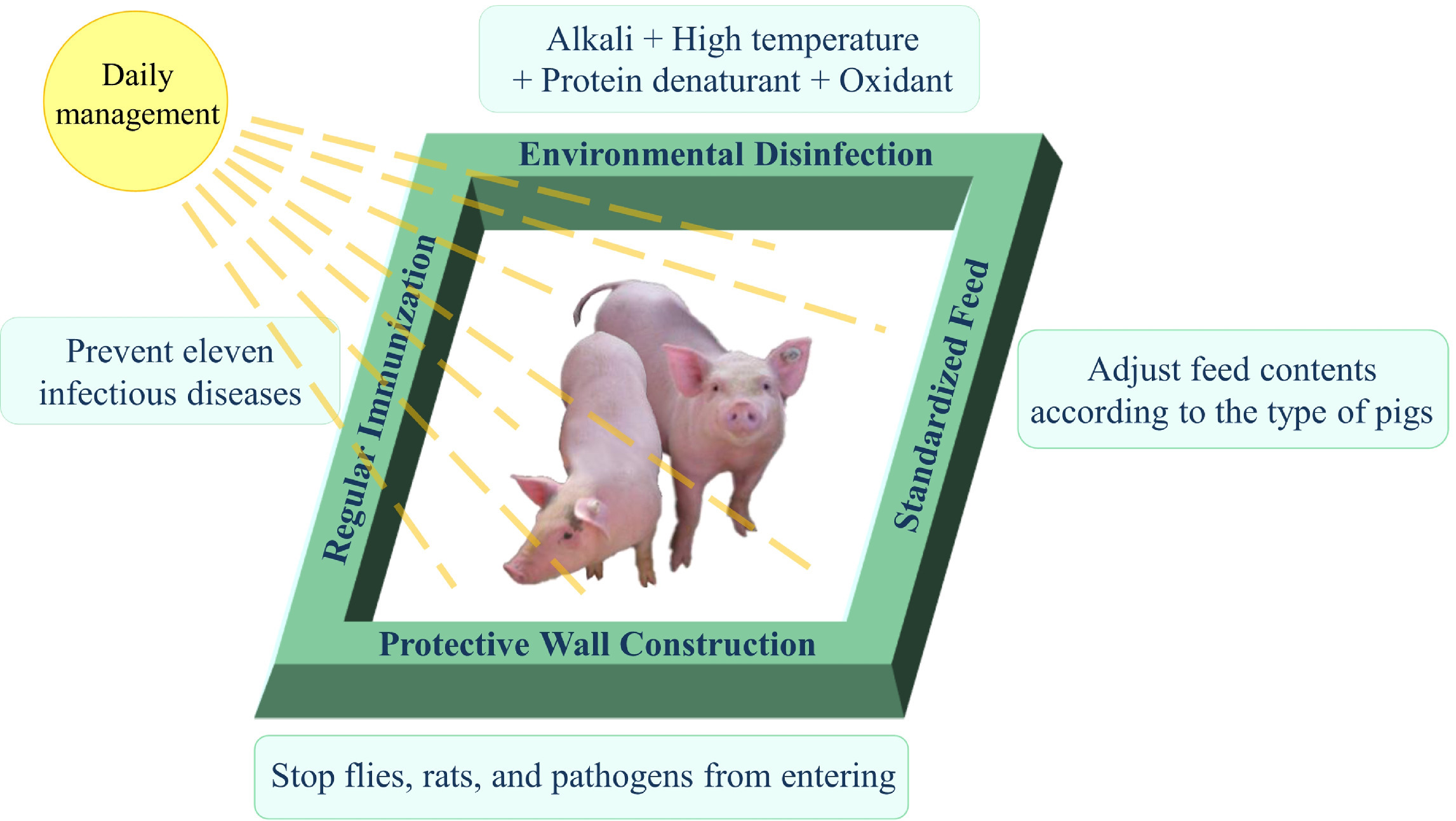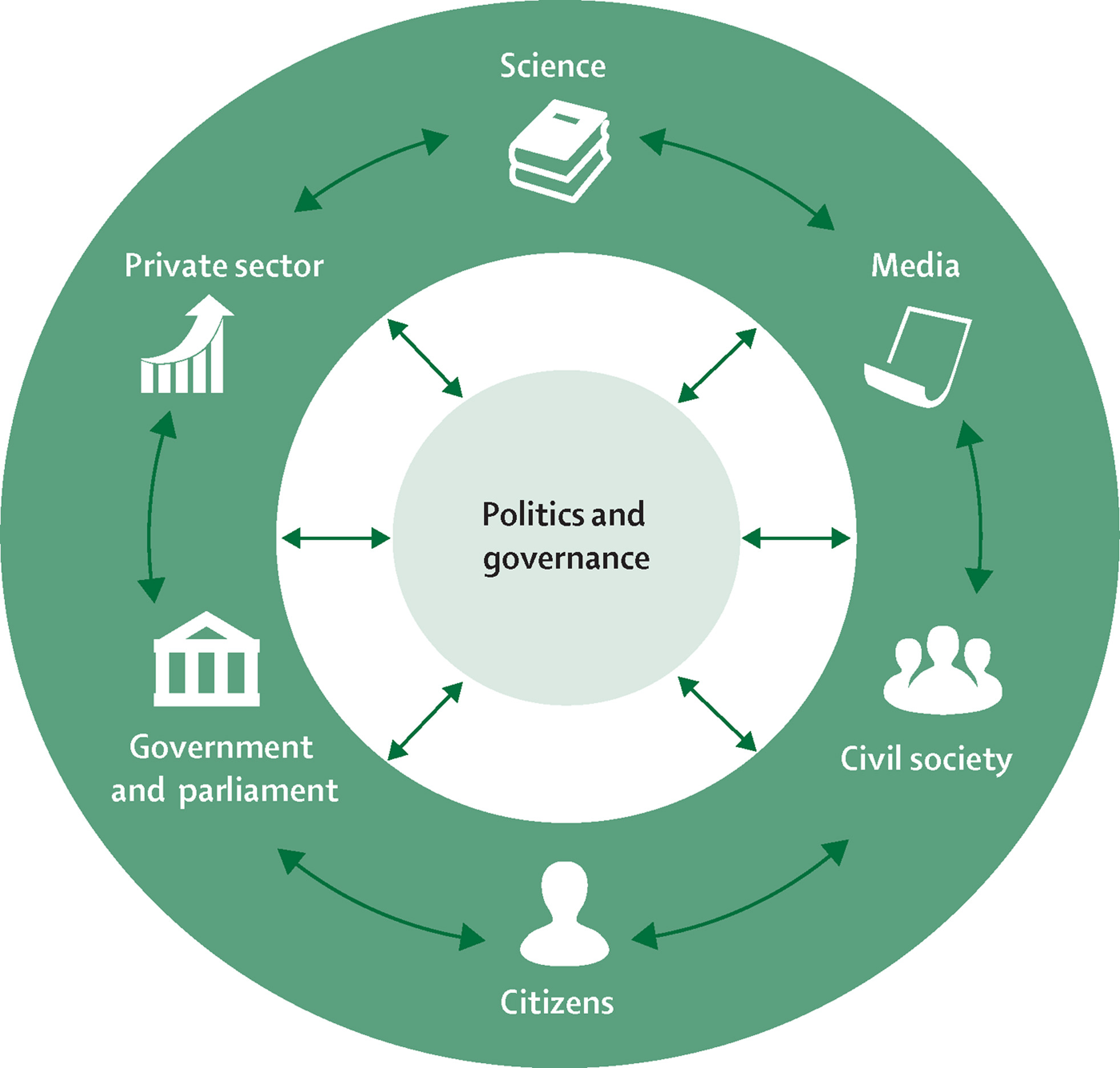Elsevier,
Current Research in Microbial Sciences, Volume 2, December 2021
African swine fever outbreak has caused serious economic losses in China. Consequently, pork supply faces huge demand. An effective biosafety procedure was developed for production of pigs in small-scale farms in China.
Elsevier, The Lancet, Volume 398, 6 November 2021
An Article on the impact of the COVID-19 pandemic on the global prevalence of depressive and anxiety disorders in 2020, in the context of SDG 3, highlighting the need for mitigation strategies to promote mental wellbeing and target determinants of poor mental health.
Elsevier,
Genomics, Volume 113, November 2021
The high rate of SARS-CoV-2 infection poses a serious threat to public health. Previous studies have suggested that SARS-CoV-2 can infect human ovary, the core organ of the female reproductive system. However, it remains unclear which type of ovarian cells are easily infected by SARS-CoV-2 and whether ovarian infectivity differs from puberty to menopause.
Elsevier, iScience, Volume 24, 19 November 2021
The COVID-19 pandemic has exacerbated energy insecurity and economic hardship among vulnerable populations. This paper provides robust empirical evidence of the degree to which COVID-19 mitigation measures, especially the mandates of school closure and limiting business operations, have impacted electricity consumption behavior in low-income and ethnic minority groups in the United States. We use a regression discontinuity design applied to individual-consumer-level high-frequency smart meter data in Arizona and Illinois to highlight the disparities in mitigation measure impacts.
Elsevier,
American Journal of Clinical Nutrition, Volume 114, 1 November 2021
The authors' goals of this study (associated with 13 dietary patterns or scenarios) are to assess 1) to what extent current food utilization in Indonesia (2 patterns) provides for meeting health and nutrition targets and how its GHGe (greenhouse gas emissions) and water footprints compare to global targets; and 2) how alternative dietary scenarios, optimized to meet nutrient needs at the lowest possible cost (7 scenarios) or designed to be more healthy and environmentally friendly (4 scenarios), compare to current food patterns for nutrient content, agricultural contributions to climate change, and freshwater conservation, as well as cost.
Elsevier,
The Lancet Public Health, Volume 6, November 2021
A Viewpoint on Europe's response to climate change, in the context of SDGs 12, 13, and 17, focusing specifically on the use of region-specific indicators to address the main challenges and opportunities of Europe's response in the context of public and planetary health.



